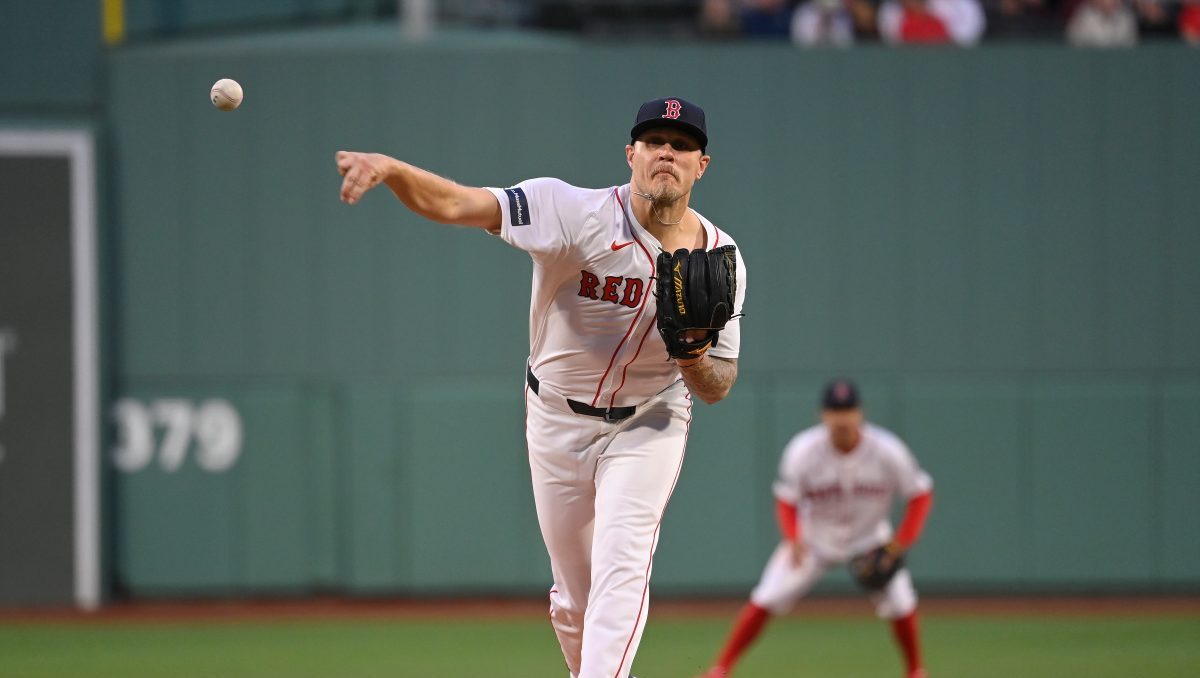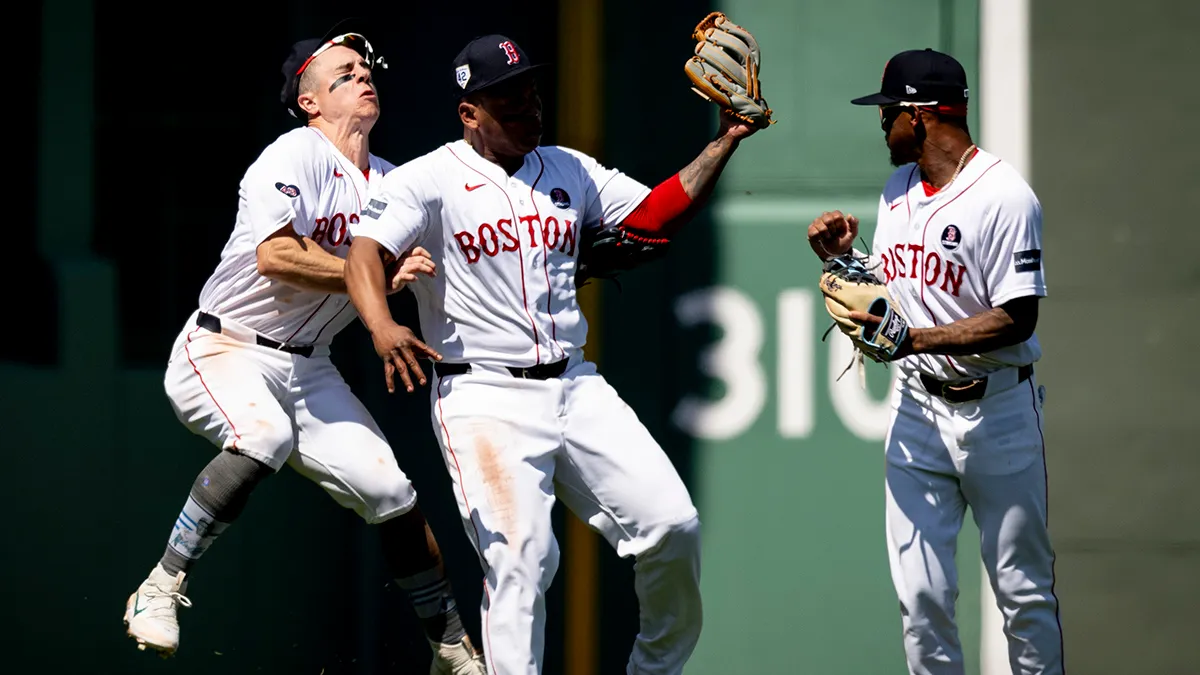
FORT MYERS, Fla. -- On Sunday night, for the first time in nine years and only the second time since he left the island in 1961, Luis Tiant returns to his native Cuba.
Tiant is part of a group with Major League Baseball on hand to watch the historic two-game series between the Tampa Bay Rays and the Cuban national team in Havana, and, along with fellow Cuban Jose Cardenal, Joe Torre and commissioner Rob Manfred, will serve as a goodwill ambassador on the trip.
What he finds there and how he'll be received is unknown.
What is clear to the 75-year-old Tiant is that it will be vastly different from his last visit, when, on his 67th birthday, he returned home for the first time in 46 years.
In 2007, Tiant, who won 229 games in 19 years in the big leagues -- including 122 with the Red Sox -- spent a week in Cuba, taking part in a documentary (“The Lost Son of Havana”) that was being made about his life and baseball career.
“It was okay,” said Tiant of that trip, unsure how to properly characterize it now, even with the benefit of nearly a decade's hindsight. “The things you see, [compared] to when you left . . . big difference. It felt like a 100 years back in time. Some of the houses looked like demolition derby. Holes in the wall, (potholes) in the street.”
He visited his old neighborhood and barely recognized the house in which he once lived.
Boston Red Sox
Tiant -- along with others such as Cardenal and Tony Oliva - was part of the first wave of baseball players who left Cuba after Fidel Castro came to power. He didn't see his parents for another 14 years, until the late Sen. Edward Kennedy arranged for his parents to visit Tiant in Boston.
He's buoyed by the efforts to normalize relations between the two countries, symbolized by President Obama's visit to Cuba -- in conjunction with the games -- the first by a sitting U.S. president in more than 90 years.
“It should have been done a long time ago,” he said. “I hope it happens quick, and doesn't take another two, three or four years. Do it now. Maybe in another week or month, it will be open for everybody. It's been long enough.”
Even nine years ago, Tiant returned home to discover that many of his childhood friends, with whom he had first played and loved baseball, had passed away.
“You get to that age . . . ” he said wistfully. “You don't know. You don't know how much longer you have. That was in the back of my mind. I wanted to go back, I wanted to see my country. And finally, I did it. I'm glad I had that chance.”
Now that another nine years have passed, there are fewer relatives and old friends with which to visit. He still has three aunts and seven cousins who live in Cuba, most of them about an hour outside of Havana. He hopes to have the opportunity to visit with at least some of them.
“I don't want to see the politicians,” he said. “I want to see the people, see my family, give them some money, talk about the game.”
But no matter, it won't match his return to the island in 2007, which was fraught with apprehension and the unknown.
He recalled approaching Cuba via plane and feeling anxious.
“As we got close, I could see the land,” he said. “I didn't know what was going to happen. But they treated me good. They didn't even open my bags or anything. But I was worried. I got nervous, but it was okay.”
This spring, Tiant has met and talked with fellow Cubans Rusney Castillo, Roenis Elias and Yoan Moncada about his experience and theirs.
“They're good kids,” he said. “I've talked to Castillo the most. He's a good kid. He has respect. I like him. We sit down and talk. It's good.”
If relations are fully normalized between the U.S. and Cuba, Tiant expects the trickle of players from Cuba to the Major League Baseball to turn into a flood.
“There's a lot of good players over there,” he said. “Hopefully, they open it up and it can be like it was before, with players going back in the winter.”
Tiant keeps in touch with family members by phone, though he concedes that sometimes “it tough to get the line. You call and call, and nothing happens.”
But that's better than it once was, when Tiant couldn't communicate by phone at all, and when he did, knew that government officials were listening in, ready to disconnect the call if they heard something they didn't like.
“You couldn't say too much about how they were doing,” he said, shaking his head at the memory. “But it's better now. We'll see what happens. I have to get there first.”


